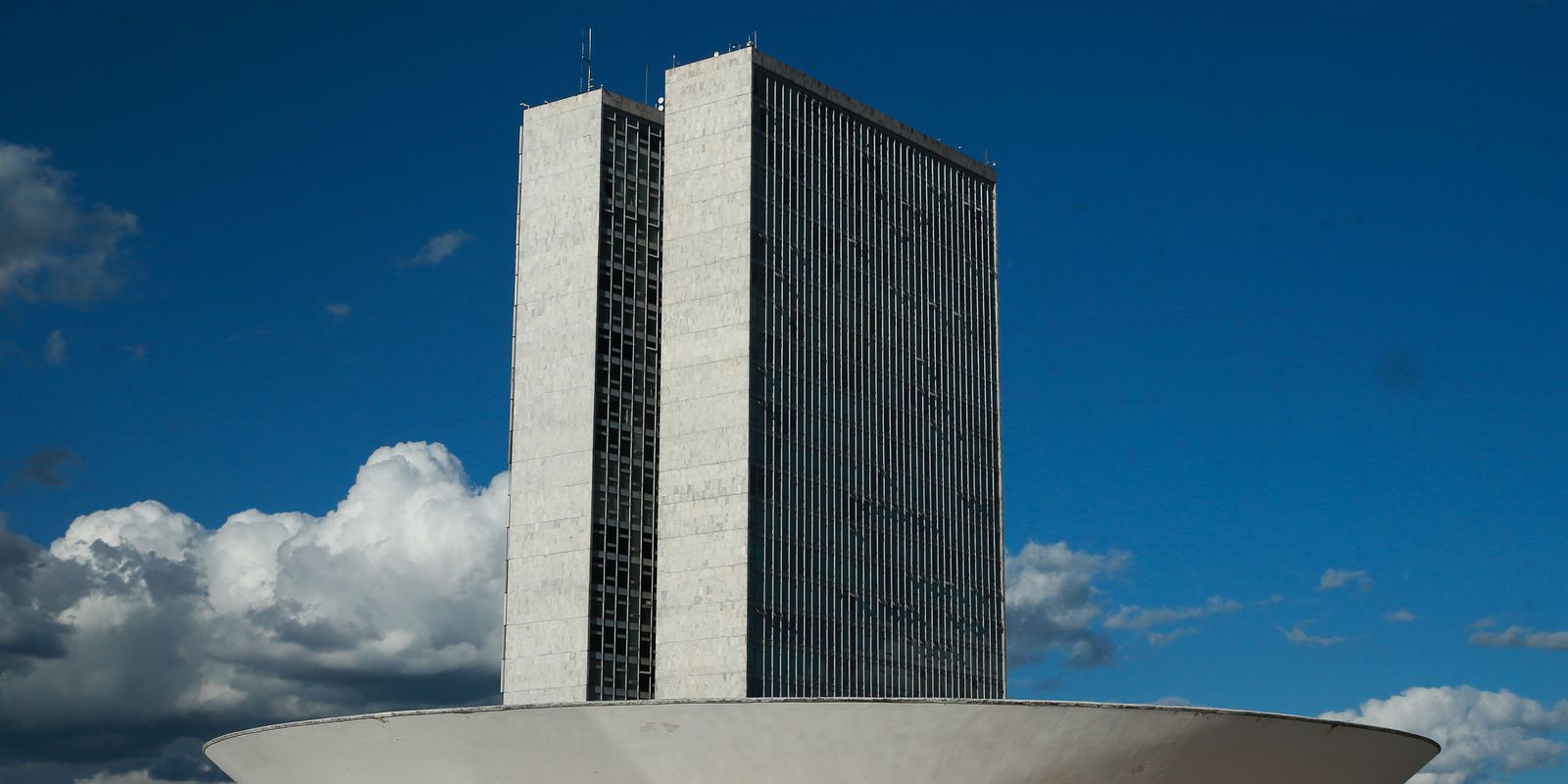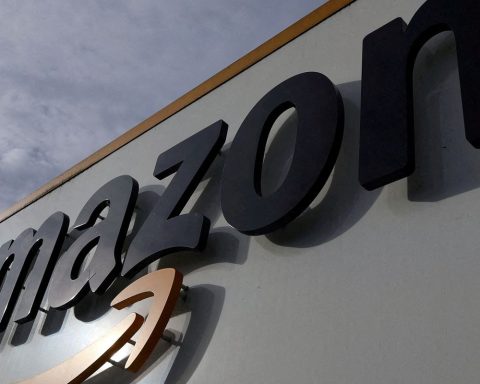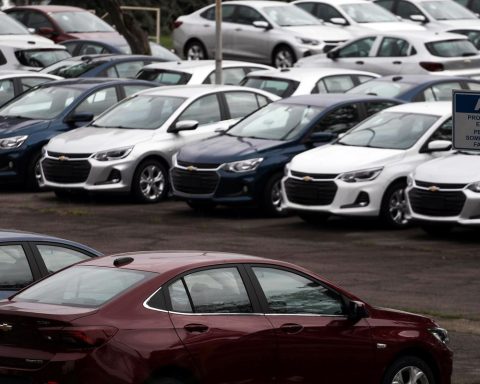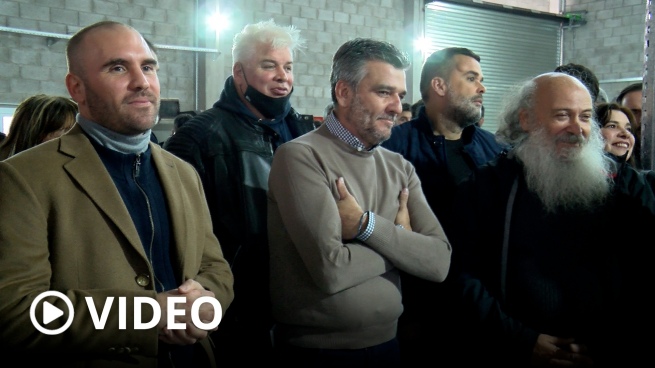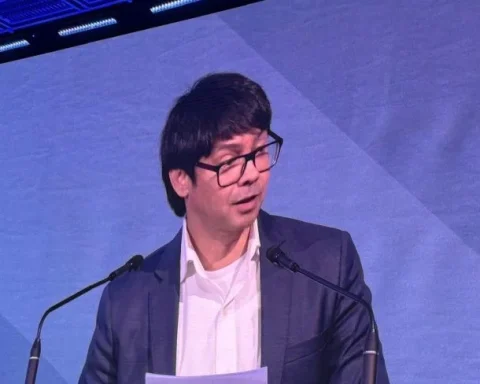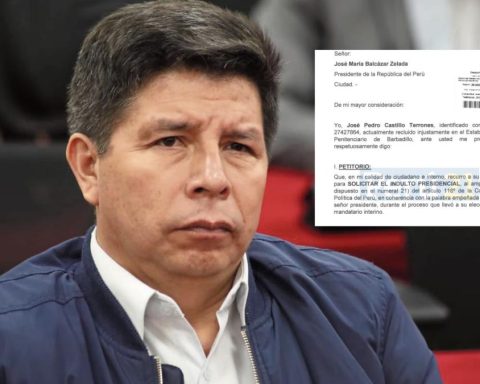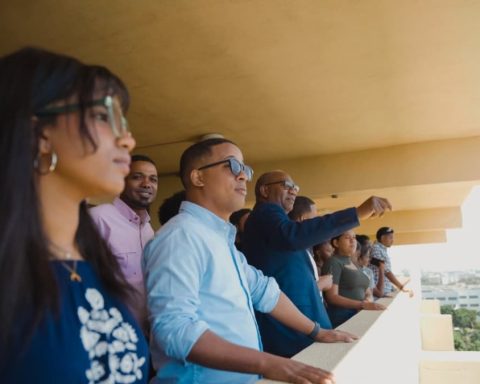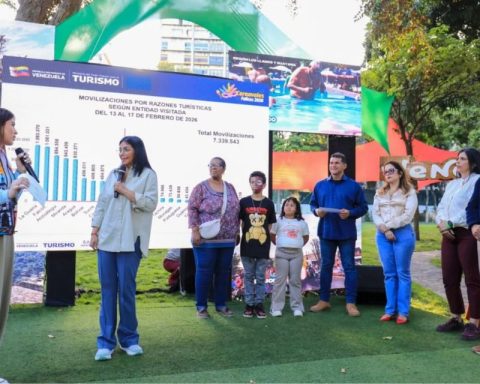The Chamber of Deputies concluded this Tuesday (17) the analysis of the provisional measure (MP) that changes tax incentives for the chemical and petrochemical industry under the Special Regime for the Chemical Industry (Reiq). The text, which provides for a new transition rule until 2028, is now going to the Senate.
The text of the rapporteur, Alex Manente (Citizenship-SP), extended throughout this year the full rates of 1.65% for PIS and 7.6% for Cofins, which began to take effect on April 1 this year.
According to the deputy, Parliament decided to end the regime when analyzing the measure, but established a transition period so that the sector could adapt, “maintaining a minimum of regulatory predictability for the coming years and, thus, guaranteeing the necessary legal certainty for the sector”.
Manente also argued that a study by the Getulio Vargas Foundation pointed out that “the abrupt extinction of the Reiq would have profound negative impacts on tax collection, lead to the destruction of jobs and harm the competitiveness of Brazilian industry.”
The approved text provides for the following tax change: between April and December 2022, the rate of 1.65% for PIS/Pasep; and 7.6% for Cofins; in 2023: 1.39% for PIS Pasep; and 6.4% for Cofins and between 2024 and 2027 the percentages will be 1.52% for PIS/Pasep; and 7% for Cofins. The special regime will be revoked in 2028 and the rates will return to 1.65% for PIS/Pasep and 7.6% for Cofins.
Edited by the federal government in December last year, the text provided for the revocation of tax benefits for the petrochemical sector, whose rates make up the so-called Special Industry Regime (Reiq). In justifying the measure, the government stated that the rates had already lasted for “enough time to achieve its objectives of promoting the contemplated economic activity”.
According to the Executive Branch, the proposal also aimed to simplify the administration of taxes, including for the taxpayer. If the text sent by the government were approved, the estimated revenue gain was estimated at BRL 573.09 million in 2022, BRL 611.89 million in 2023 and BRL 325.02 million in 2024.
